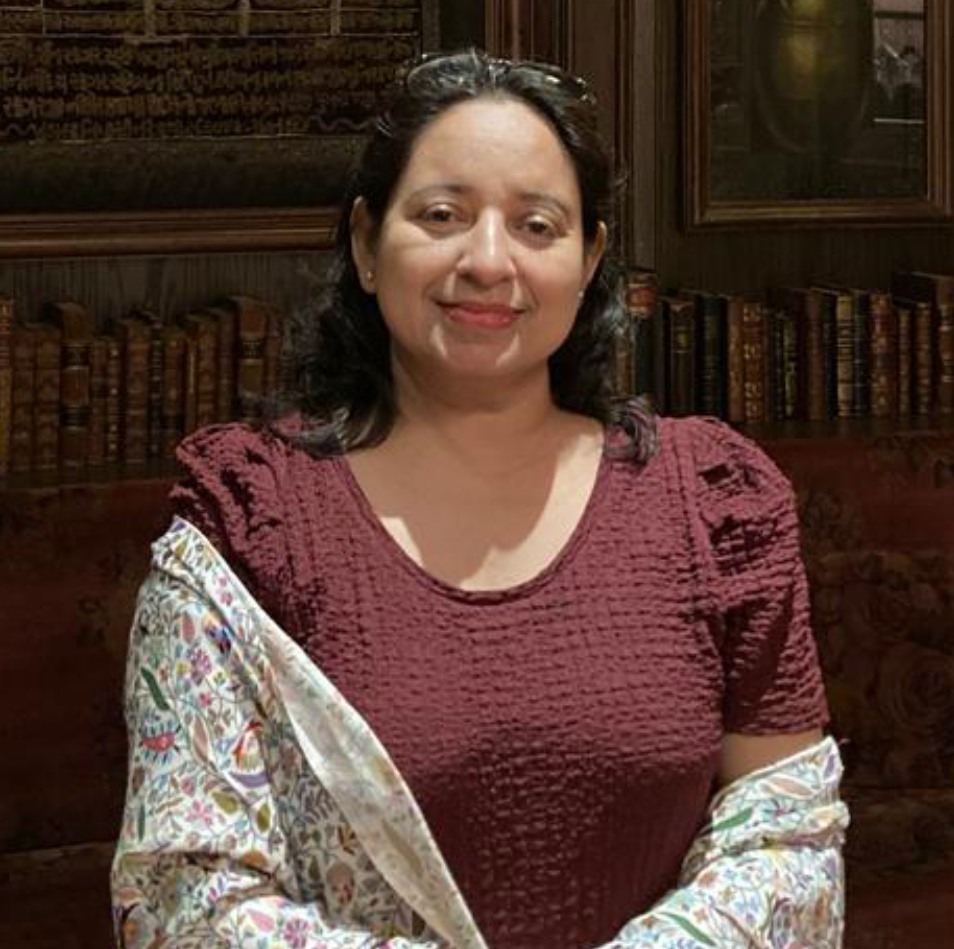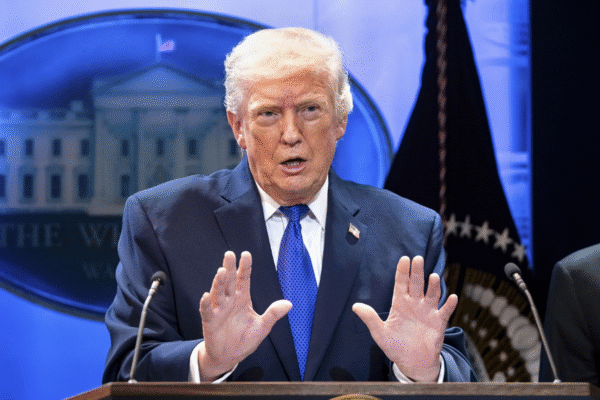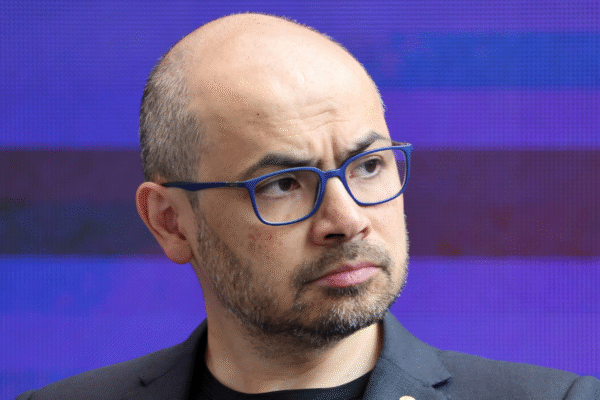

Sheikh Hasina Death Verdict: Reasons Behind It and What Follows
Bangladesh’s former Prime Minister Sheikh Hasina now faces a death sentence for the 2024 protest crackdown. A Dhaka tribunal announced the decision in her absence and accused her of ordering lethal force. Hasina rejected the verdict from India, where she lives in exile. She called the judgement political and promised to challenge it before international courts. Her case has raised fresh tension in Bangladesh and pushed the country into a new phase of political uncertainty.
Why the Verdict Happened: A Turning Point After the Student Revolt
The International Crimes Tribunal in Dhaka ruled that Hasina ordered lethal force during the 2024 student protests. The movement started as a demand to scrap job quotas. It soon grew into a national rebellion that asked for her resignation. A United Nations report later said that the clashes killed nearly 1,400 people. Most victims died from gunfire by security forces. The tribunal used this evidence to argue that the crackdown followed a deliberate policy to silence dissent.
Hasina once stood as a symbol of democratic struggle, but her later years drew strong criticism. Activists accused her government of mass arrests, forced disappearances, and extrajudicial killings. They also pointed to tight media control and shrinking political space. Rights groups warned that Bangladesh was moving toward a one-party state under her rule. The verdict reflects public anger after the protests and the long list of allegations against her. Her sudden ouster—barely seven months after winning a fifth term—opened the political room for this judgement.
Why Hasina Will Appeal Internationally — And What Comes Next
Hasina says the verdict is biased and driven by political revenge. She says she will face questions only before a fair and neutral tribunal. Her approach shows that she plans to take her case to global platforms like the International Court of Justice and the UN Human Rights Council.
Her lawyers will argue that the tribunal lacked neutrality and rushed the case for political gain. They will also highlight the irony that the same tribunal was set up during her tenure to try war crimes. She will claim that her rivals are now using it to target her.
Bangladesh now enters a tense period. The interim government led by Nobel laureate Muhammad Yunus already faces scrutiny because Hasina criticised him for years. The Awami League is barred from contesting next year’s elections, which will deepen political divides. India faces a delicate situation as Hasina continues to stay within its borders. Any decision on her international appeal will add diplomatic pressure.
As the legal fight begins, negotiations and political shifts will shape Bangladesh’s transition. Hasina’s supporters want global pressure to halt or reverse the sentence. Her critics believe the verdict finally holds her accountable for years of authoritarian rule. Whatever happens next, the judgement sets the stage for a long legal and political battle that will shape Bangladesh’s future.

Prabha Gupta is a veteran journalist and civic thinker dedicated to the constitutional ideals of dignity and institutional ethics. With over thirty years of experience in public communication, her work serves as a bridge between India’s civil society and its democratic institutions. She is a prominent voice on the evolution of Indian citizenship, advocating for a national discourse rooted in integrity and the empowerment of the common citizen









